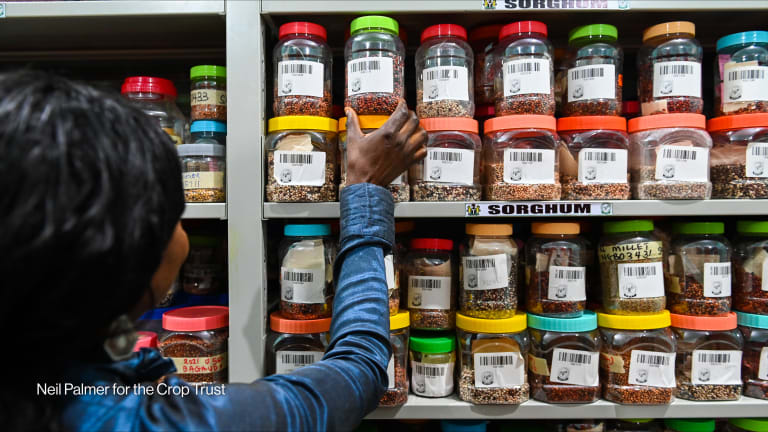Rice is one of the world’s most important food crops. More than half of the global population depends on it as a main component of their daily diet.
Yet it is responsible for 10% of global methane emissions, generated by the bacteria that form when water in flooded rice paddies prevents oxygen from reaching the soil.
Southeast Asia is the world’s largest rice producer, constituting 33% of the region’s total methane emissions. Rice comprises the majority of Southeast Asians’ daily calories — but at the same time, it can increase the likelihood of contracting a noncommunicable disease such as diabetes or heart disease.
Printing articles to share with others is a breach of our terms and conditions and copyright policy. Please use the sharing options on the left side of the article. Devex Pro members may share up to 10 articles per month using the Pro share tool ( ).
Search for articles
Most Read
- 1
- 2
- 3
- 4
- 5








